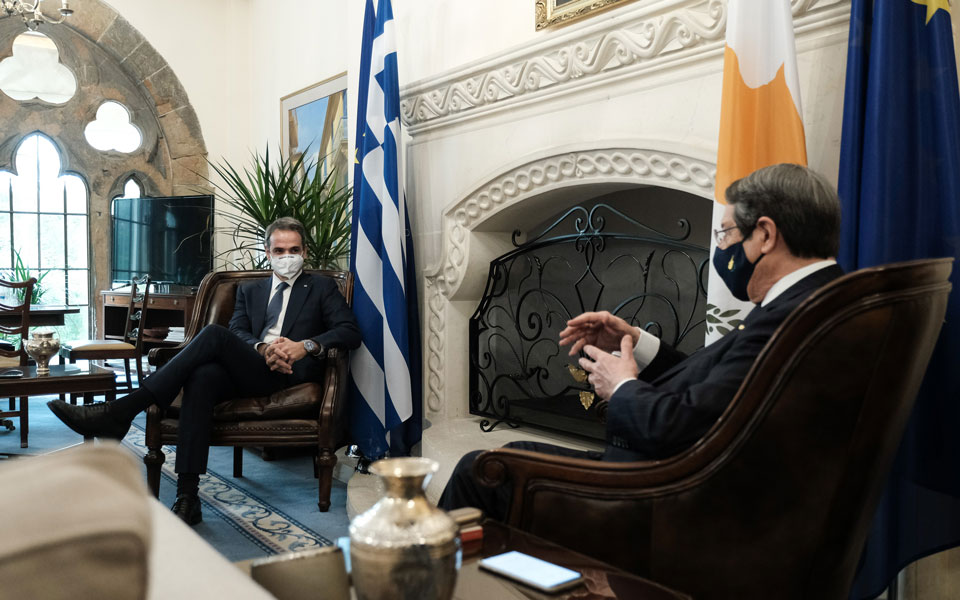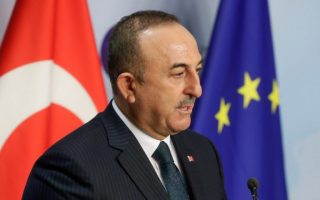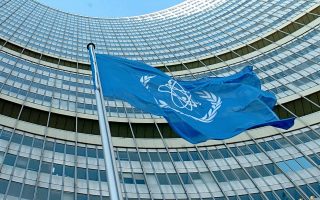Cyprus cannot be sidestepped

The United Nations is inaugurating yet another initiative to find some common ground in order to arrive at an agreement for solving the Cyprus issue. To this end they are convening an informal five-party summit in Geneva next week, with the participation of the three guarantor powers and the island’s two communities.
The process is taking place during a period when Ankara continues to declare that it is still seeking membership of the European Union, but, with its conduct, shows that it is probably not willing to make the changes required for this prospect to become reality.
At the same time, the public exposure of the thinking of the EU members leads to the conclusion that a discussion of full Turkish membership in the Union in the foreseeable future is off the table. An update of the Customs Union seems to be the only realistic expectation at this point.
This new flurry of activity comes at a time when some in Athens do not necessarily view the Cypriot issue as a priority. However, even if they do not feel the moral obligation or do not possess the national sensitivity, and instead operate with cold political calculations, they must understand that Greek-Turkish relations cannot move forward without solving the Cyprus issue.
History has shown that it is a mistake for any Greek leader to attempt to sidestep Cyprus, which is an international issue that involves an invasion and continuing occupation, but it is also a big part of the complex puzzle that constitutes Greek-Turkish relations. It will be hard to solve without smoothing over the unsolved issue of Cyprus.
The infamous mea culpa by Andreas Papandreou – uttered in 1988 in response to the accusation by Konstantinos Mitsotakis that he relegated the Cyprus issue – was a teachable moment and it lingers as a “warning” for everyone.
After decades of failed attempts, after the rejection of the Annan Plan, and after Cyprus’ accession to the European Union, and also after a slew of initial agreements on Cyprus between Greek-Cypriot and Turkish-Cypriot leaders, with the most moderate of the latter, such as Mehmet Ali Talat and Mustafa Akinci, being out of the picture, we are faced with a new and seemingly more difficult reality.
Erdogan is more aggressive, Turkish-Cypriot leader Ersin Tatar is more nationalistic, and the Turkish side is pushing for a two-state solution.
Beyond the obvious, that an autonomous “Turkish-Cypriot state” as a member of the European Union is inconceivable, if the starting point of both sides is completely detached from decades of talks, negotiations and whatever convergences may have been achieved, and more importantly, the relevant UN resolutions, then the Greek side is justified in arriving at the meeting with its own proposal for a unitary Cyprus which would be fully functional within the EU. The proposal would of course offer provisions and safety guards for the Turkish-Cypriot community.
Perhaps then, after both sides give up some ground, the final solution might end up being a – functional and free of foreign troops and outside interference – federation.





